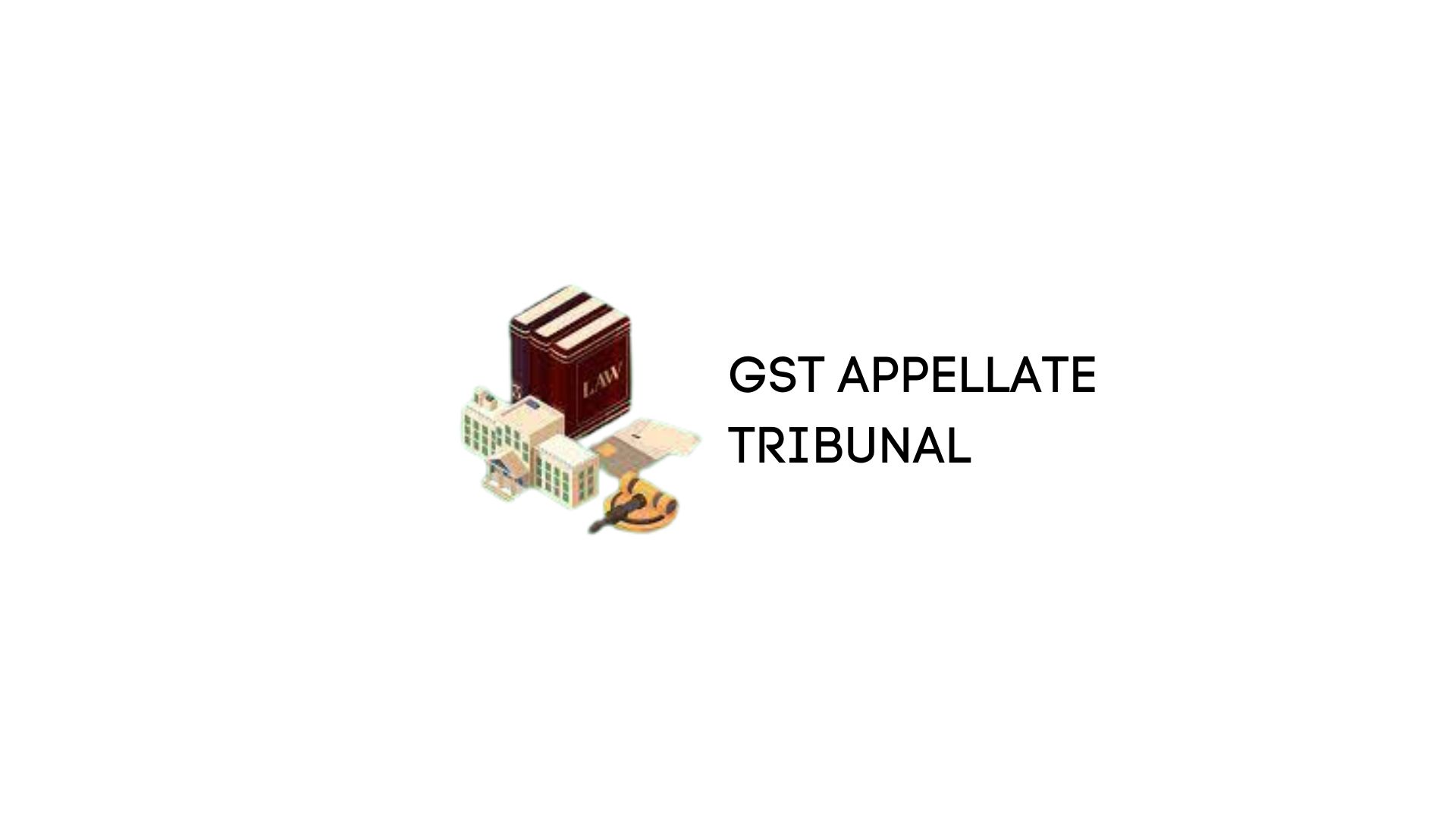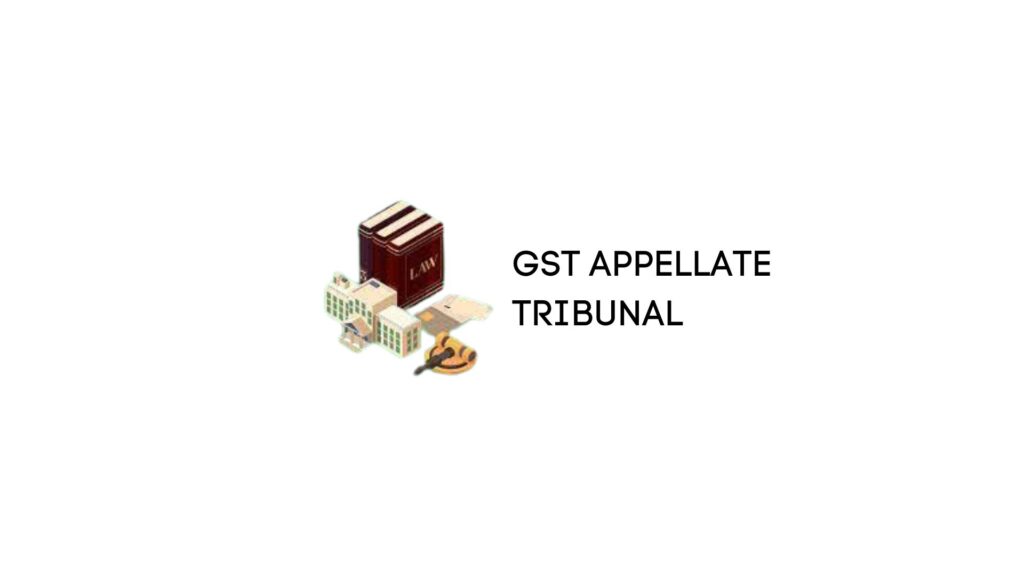
23 Apr GST Appellate Tribunal: Your Guide to Seeking Redressal

In the intricate web of tax laws, disputes are inevitable. When faced with an unfavorable order under Section 107 or 108, individuals or entities have the right to appeal to the GST Appellate Tribunal. However, what happens when there’s no Tribunal in place? This article delves into the recourse available and the steps to take in such scenarios.
Understanding Section 112 Appeals
Sec. 112: What It Entails
Section 112 of the GST Act grants individuals aggrieved by orders under Sections 107 or 108 the right to appeal to the Appellate Tribunal. This avenue serves as a crucial mechanism for seeking redressal against adverse decisions.
Navigating the Absence of a Tribunal
Step 1: Depositing 20% of the Disputed Amount
In the absence of a functioning Tribunal, individuals seeking to appeal must first deposit 20% of the disputed amount. This step is pivotal and serves as a precursor to initiating the appeals process.
Step 2: Communication with the Department
Following the deposit, it’s imperative to formally communicate with the concerned department regarding the intent to file an appeal before the Tribunal. This ensures transparency and adherence to procedural requirements.
Legal Precedents and Directives
Bombay High Court’s Directive
In a notable case involving Gulf Oil Lubricants India Ltd., the Bombay High Court directed the State Government to address the issue of non-constitution of the GST Tribunal. This directive underscores the significance of establishing a functional appellate mechanism.
Circulars from State GST Authorities
Both Maharashtra and Kerala GST authorities have issued circulars addressing the absence of a Tribunal. These directives provide guidelines and insights into navigating the legal landscape amidst Tribunal unavailability.
Insights from High Court Judgments
- Patna High Court
Trimurthi Pvt. Ltd.
Introduction
In the legal battle between Trimurti Private Limited and the State of Bihar, the Patna High Court steps in to address a critical issue—the non-constitution of the Appellate Tribunal under the Bihar Goods and Services Tax Act. This article offers a comprehensive analysis of the court’s judgment and its implications for both the petitioner and the state authorities.
Facts of the Case
The petitioner, Trimurti Private Limited, seeks relief under Article 226 of the Constitution of India, intending to exercise the statutory remedy of appeal against an impugned order. However, the absence of the Appellate Tribunal obstructs this recourse, as outlined in Section 112 of the Bihar Goods and Services Tax Act.
Issue
The core issue revolves around the unavailability of the Appellate Tribunal, which deprives the petitioner of the right to appeal against the disputed order under the GST Act.
Held
The Patna High Court acknowledges the respondent State authorities’ admission regarding the non-constitution of the Tribunal. In response, a notification is issued to alleviate this challenge, stipulating that the period for filing an appeal before the Tribunal shall commence only upon its constitution.
The court exercises its discretion by granting a conditional stay on the recovery of the remaining tax amount. To benefit from this stay, the petitioner must deposit 20 percent of the disputed amount, in addition to the previous deposit under Section 107 of the B.G.S.T. Act. This relief is granted due to the Tribunal’s non-constitution by the respondents, aligning with precedents set in similar cases.
However, the court underscores that the stay is not indefinite. It mandates that upon the Tribunal’s constitution and functionality, the petitioner must file the appeal under Section 112 of the B.G.S.T. Act, adhering to statutory obligations.
Should the petitioner opt not to pursue the remedy within the specified period post-Tribunal constitution, the respondent authorities are empowered to proceed further within the bounds of the law. Additionally, the court’s order entails the release of any bank account attachment upon fulfillment of the specified conditions.
- Calcutta High Court
Jaskaran Lunawat
Introduction
The Calcutta High Court recently intervened in recovery proceedings related to the West Bengal Goods and Services Tax Act, 2017. In the case of Jaskaran Lunawat Vs State of West Bengal & Ors., the court granted a stay without pre-deposit, citing the non-constitution of the GST Tribunal.
Facts of the case
The writ petition was filed challenging an Appeal Order under Section 107 of the GST Acts for the period 2019-2020. The petitioner sought a stay on the implementation of the Appeal Order until the GST Tribunal became functional. The petitioner relied on a Bombay High Court judgment and a Calcutta High Court order, asserting that pre-deposit conditions specified in Section 112(8) of the Act were not mandatory in certain circumstances.
Issue
The issue in the case of Jaskaran Lunawat Vs State of West Bengal & Ors. before the Calcutta High Court revolves around the non-constitution of the GST Appellate Tribunal (GSTAT). The petitioner sought a stay on the implementation of an Appeal Order under Section 107 of the GST Acts, citing the absence of a functional tribunal. The key issue is whether the non-constitution of the GST Tribunal justifies granting a stay without pre-deposit, as mandated by Section 112(8) of the Act.
Held
After hearing both parties, the court noted that the non-constitution of the GST Tribunal should not allow revenue authorities to take advantage and realize the demanded amount. The court disposed of the petition with specific orders to protect the petitioner’s interests.
- Allahabad High Court
N.G. Enterprises
Introduction
In a recent ruling, the Allahabad High Court intervened in a tax dispute under the CGST Act, ordering a stay on recovery proceedings and mandating the deposit of 20% of the disputed tax liability. The judgment reflects the Court’s stance on interim relief in such cases.
Facts of the Case
The case involves a tax dispute under the Central Goods and Services Tax (CGST) Act. The Allahabad High Court issued a ruling ordering a stay on recovery proceedings. The Court mandated the deposit of 20% of the disputed tax liability.
Issue
The key issue in this case is whether the Allahabad High Court’s intervention in the tax dispute and its directive to mandate a 20% deposit of the disputed tax liability is appropriate under the CGST Act.
Held
The Allahabad High Court’s decision reflects its stance on interim relief in tax disputes under the CGST Act. Drawing reference to previous orders and judgments, the Court deemed it appropriate to order a stay on recovery proceedings and mandate a deposit of 20% of the disputed tax liability. This ruling aims to balance the interests of both the tax authorities and the taxpayers, providing relief to taxpayers while safeguarding the interests of revenue authorities. Additionally, the Court emphasized procedural fairness by requiring respondents to file counter-affidavits within a specified timeline, ensuring a comprehensive consideration of all arguments before reaching a final decision.
Conclusion
In the absence of a GST Appellate Tribunal, individuals must navigate legal complexities with caution. By adhering to procedural requirements, seeking interim relief, and leveraging legal directives, taxpayers can mitigate the impact of Tribunal unavailability on their appeals.


No Comments